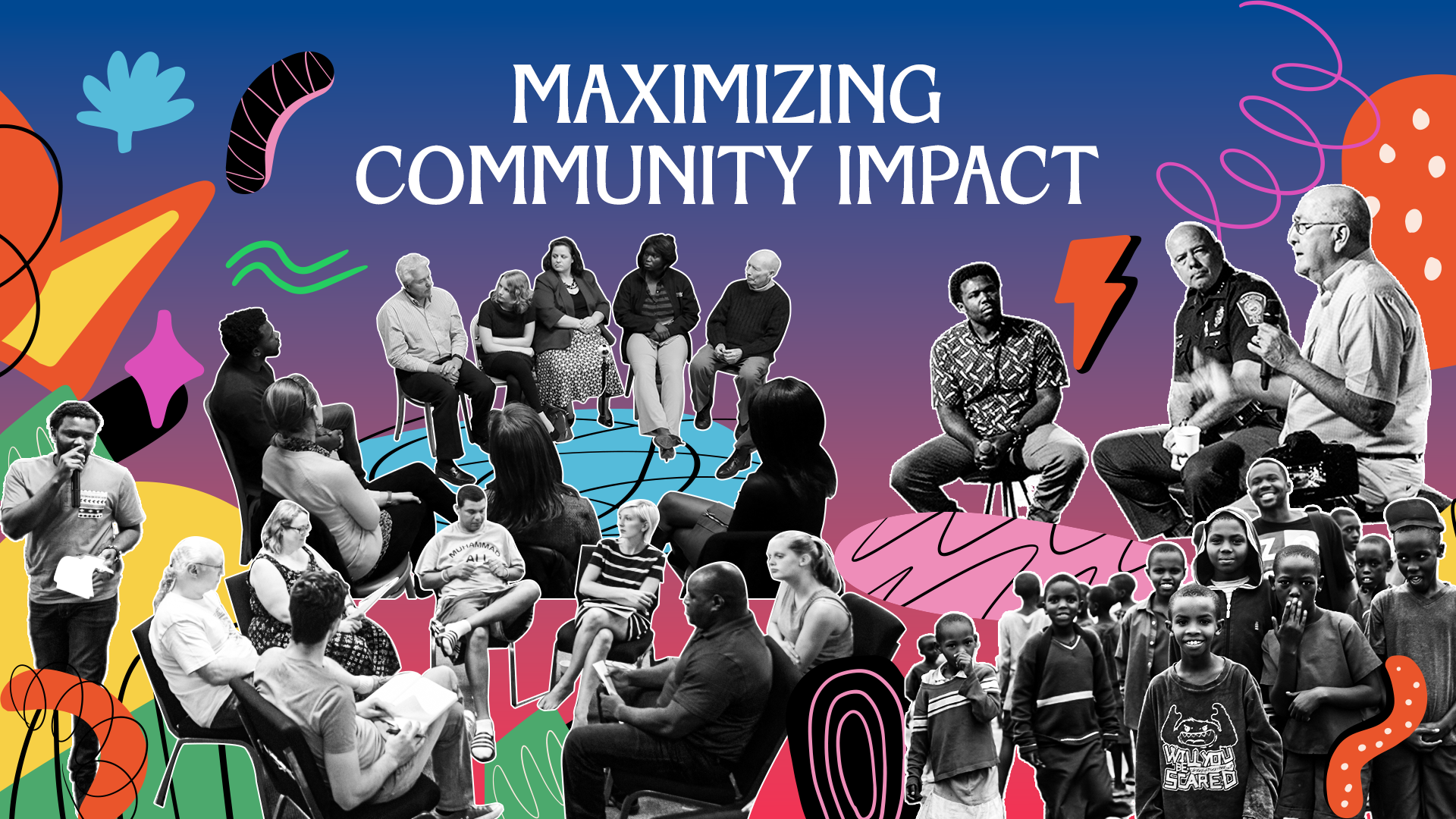In our ever-evolving world, we find ourselves at a crossroads. On one hand, we celebrate progress, innovation, and the promise of a brighter future. On the other hand, we are acutely aware of the daunting challenges that persist—disparities, injustices, health crises, environmental concerns, and much more. It is within this delicate intersection of hope and despair that the concept of social impact gains paramount significance.
As we navigate the complex landscape of social impact, one organization, Deo Mwano Consultancy(DMC), has made it its mission to amplify the efforts of non-profit organizations, grant-makers, foundations, endowment groups, and municipal departments working tirelessly to mitigate the problems that plague our society. With decades of combined experience in consulting at every level of nonprofit organizations - from front line staff to board members - DMC has invaluable insight into what is really required to make a positive impact.
Measuring the Power of Impact
Social impact is not merely about good intentions; it is about quantifiable change. DMC has learned that the true worth of any social initiative lies in its ability to tangibly improve the lives of those most affected by the issues it seeks to address. It's not enough to aim for change; one must measure the power of that change in real, meaningful terms.
The Challenge of Prioritizing Macro-Level Change
Grantmakers and institutions often emphasize macro-level change, investing significant resources in policy reform, legislative advocacy, and lobbying efforts. While these are critical avenues for long-term transformation, they may not offer immediate relief to communities in dire need.
Understanding Grant-makers' Perspectives
To enact substantial change, it is imperative to understand the principles and priorities that guide grant-making organizations. More often than not, these principles align with the issues they aim to address, but discrepancies can arise when it comes to implementing solutions.
The Limitations of Macro-Level Change
Relying solely on systemic change through policy and legislation may take years, sometimes even a decade or more, to yield results. In the interim, those most adversely affected by the problem often continue to suffer, highlighting the need for a balanced approach.
A Case Study: Environmental Justice
Consider a hypothetical scenario: a grantmaker invests heavily in policy change, channeling resources and energy into legislative reform. It takes a decade to pass the necessary laws. Meanwhile, communities at the epicenter of the environmental issue continue to bear the brunt of the crisis. This underscores the importance of balancing systemic change with direct, on-ground interventions.
The Urgency of On-Ground Relationships
The COVID-19 pandemic laid bare a profound truth—the importance of on-ground relationships between organizations and the communities they seek to serve. In times of crisis, immediate needs demand immediate solutions, not just distant policy changes.
Holistic Approaches to Impact
Complex societal problems seldom yield to a one-size-fits-all solution. Grantmakers and private funders must take a holistic approach, evaluating potential solutions comprehensively. Collaboration with trusted partners on the ground becomes indispensable to increase the likelihood of success.
Piloting Innovative Solutions
Innovation is often the key to solving intricate social issues. Embracing innovation and piloting diverse approaches can lead to more effective solutions. It permits organizations to learn from both successes and failures and adapt their strategies accordingly.
Balanced Funding
Striking the right balance in resource allocation is pivotal. Grantmakers must consider both systemic changes and direct interventions. By maintaining equilibrium between policy reform and on-ground initiatives, a more comprehensive and impactful solution can be achieved.
The path to maximizing community impact is neither simple nor linear. It demands a nuanced approach that harmonizes macro-level systemic changes with immediate, tangible on-ground interventions. To create lasting change, grantmakers, organizations, and policymakers must prioritize an in-depth understanding of the unique needs of affected communities and work collaboratively to address them effectively. By considering the power of impact and embracing a holistic approach, we can collectively strive for a more just and equitable society—one where positive change reaches those who need it most. In this intricate dance between hope and despair, social impact becomes not just a lofty ideal but a real, transformative force for good.

